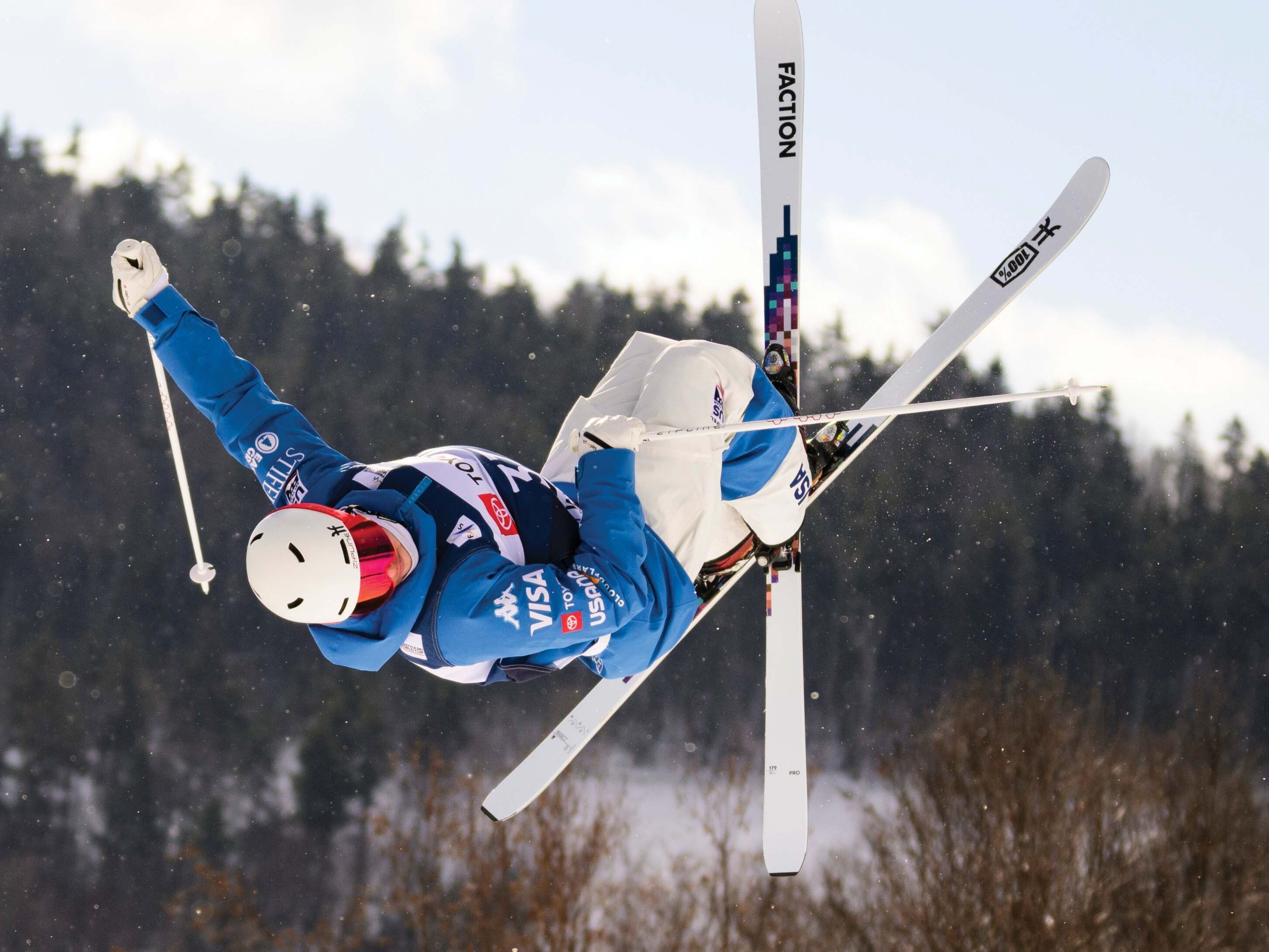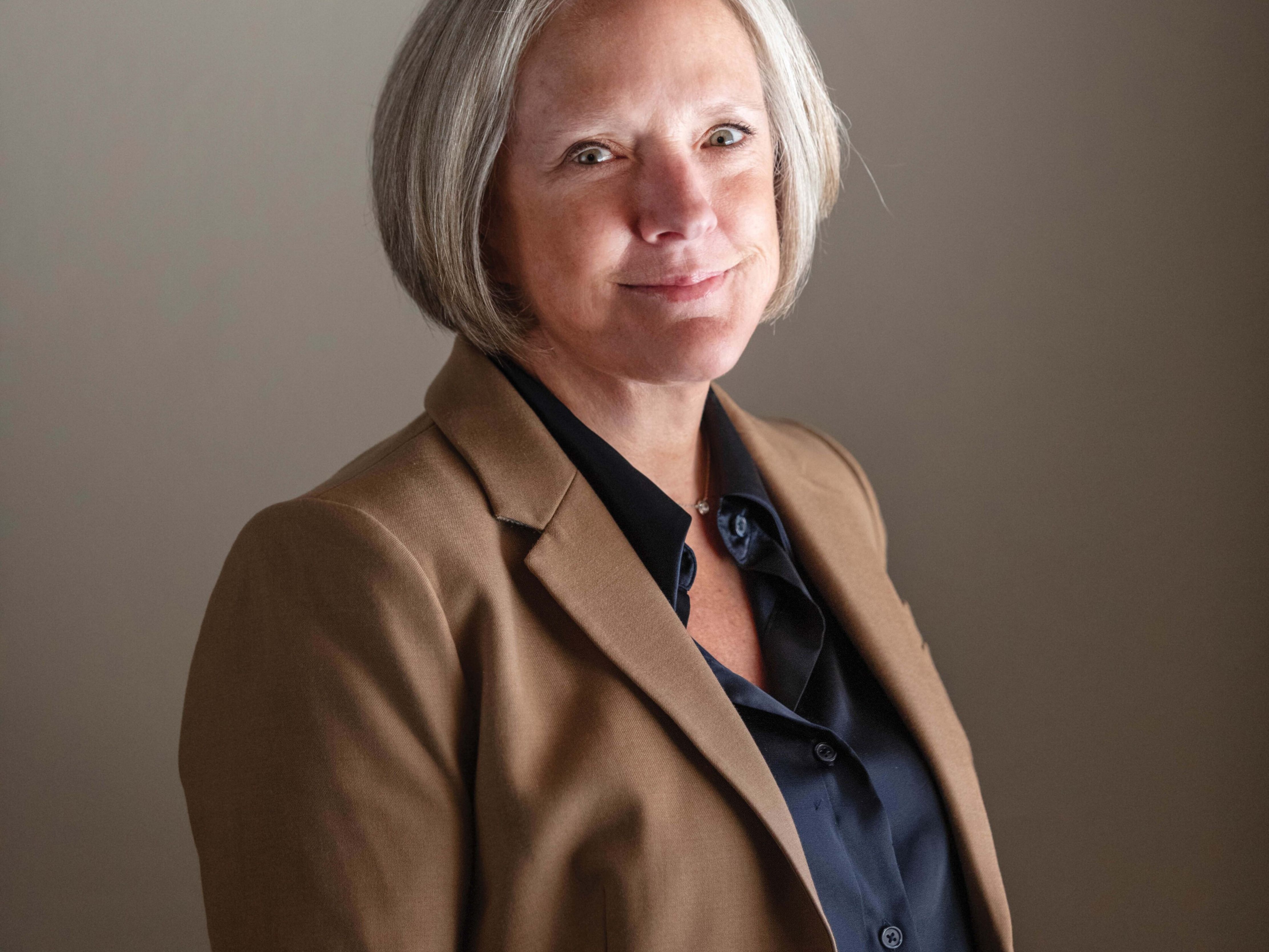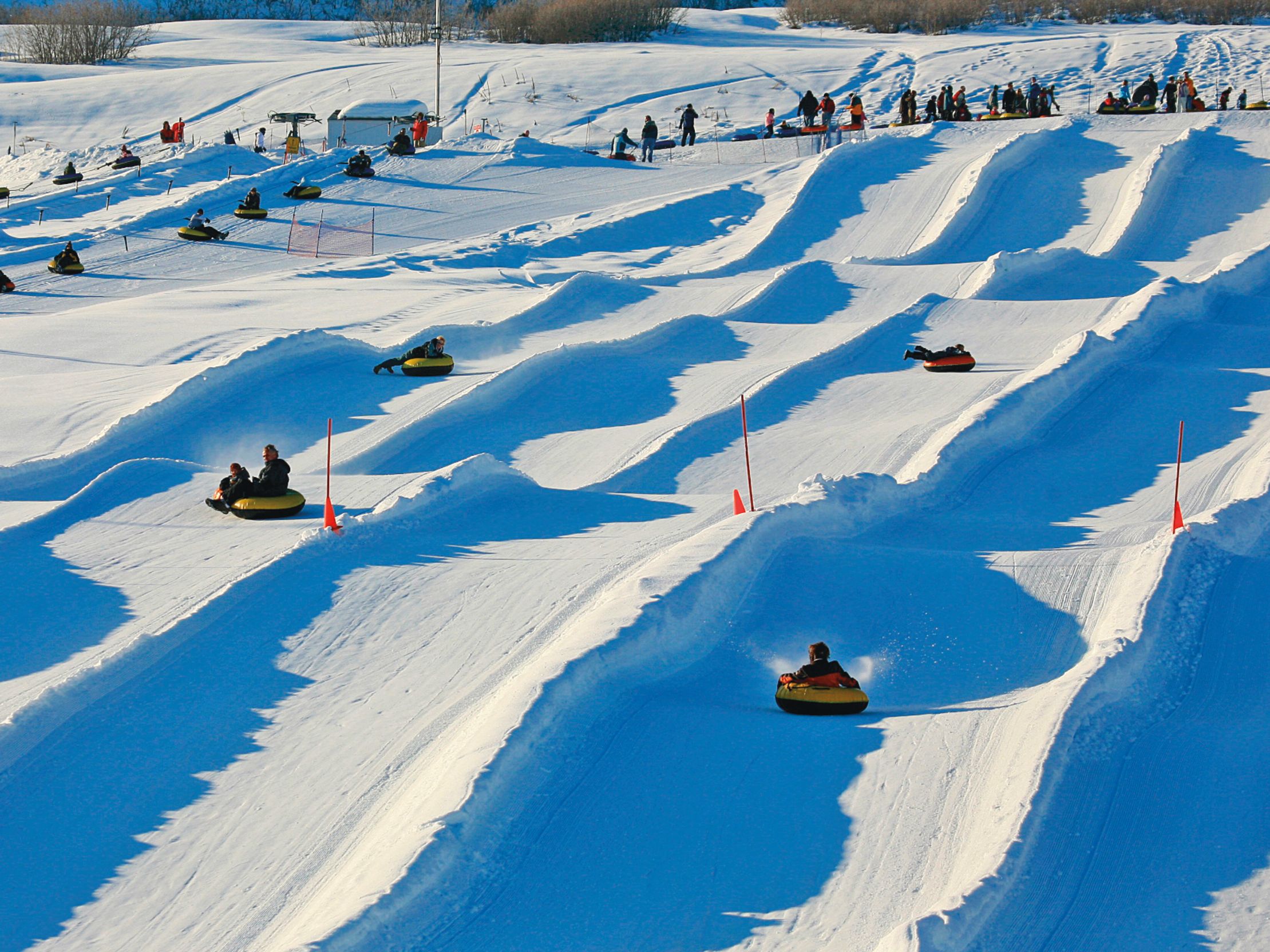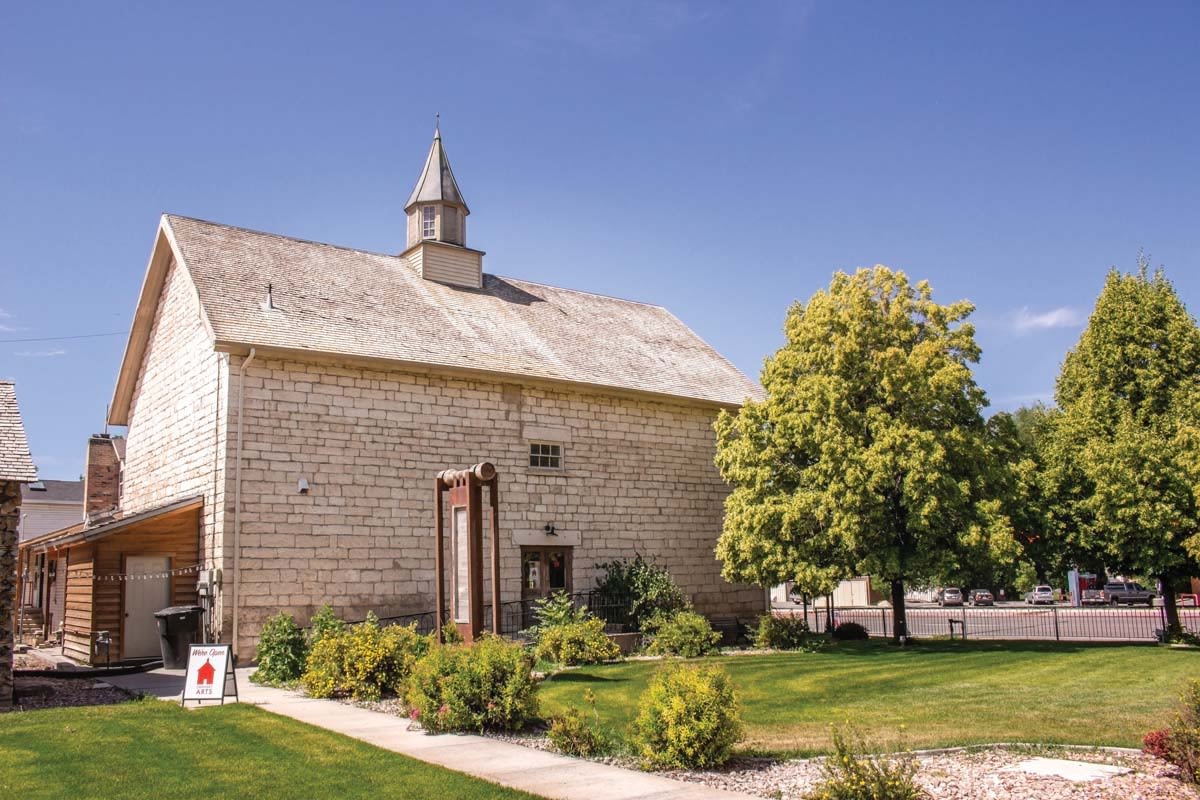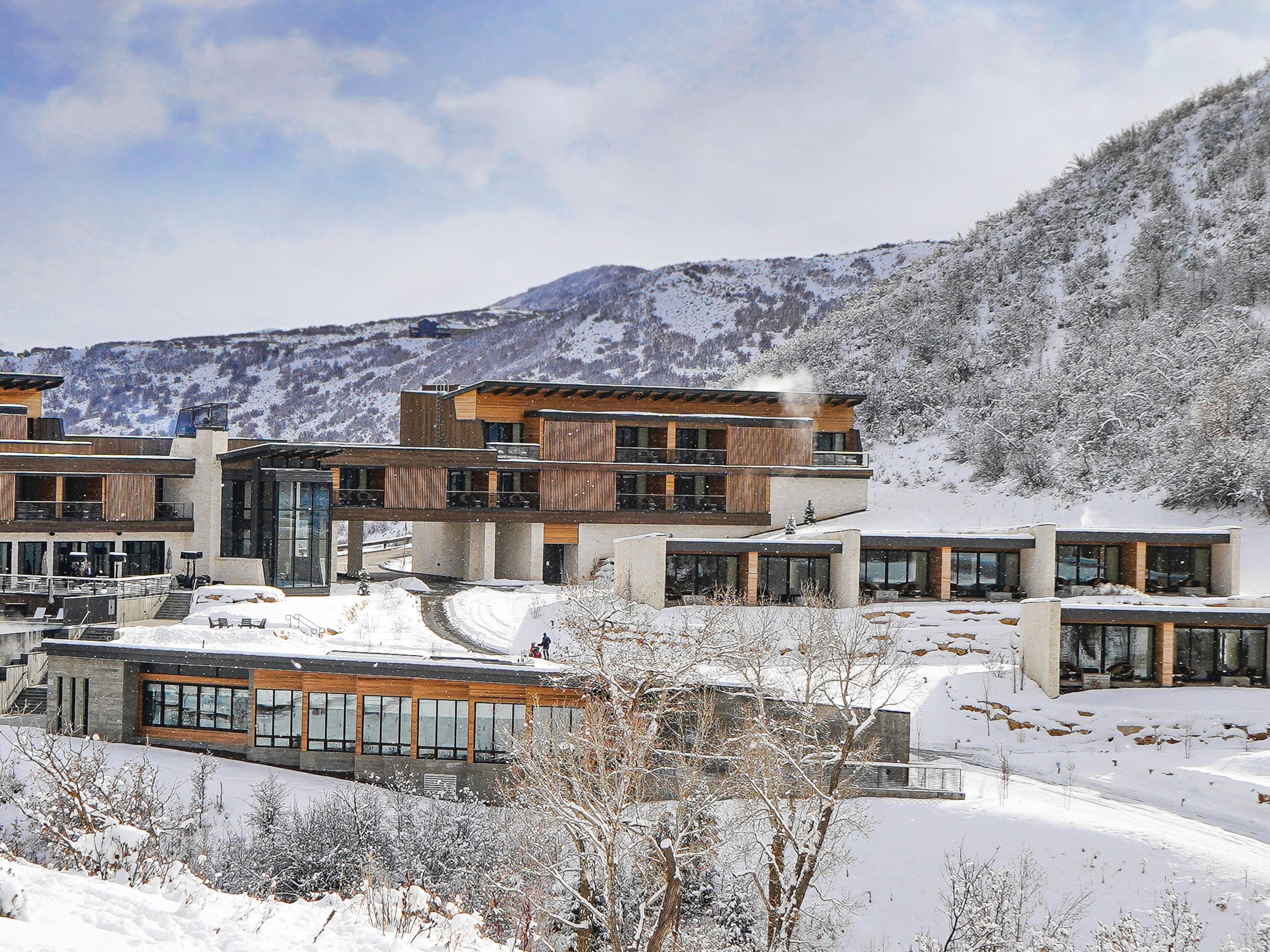Epic Impact
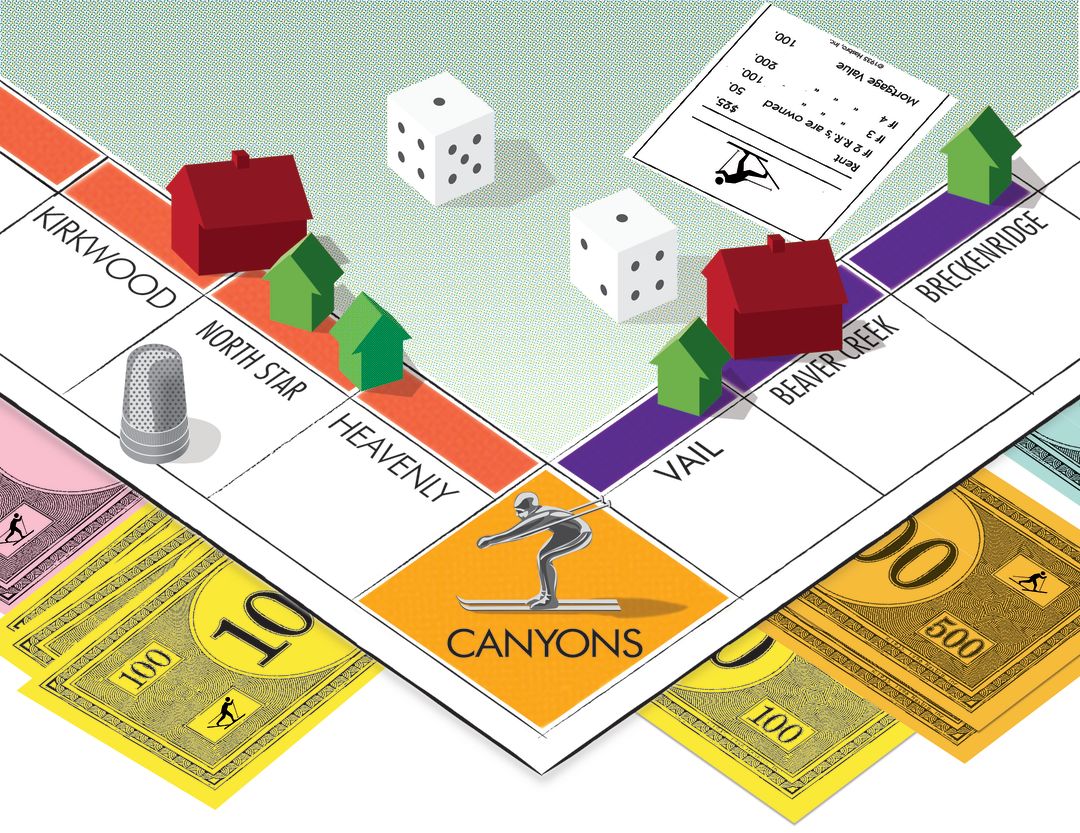
Image: Thomas Cobb
The words “brought to you by Vail Resorts” have not yet been added to Canyons’ entry sign on State Road 224, but how the ski industry’s Big Brother is behaving in the Park City sandbox has been the talk of the town since the management transfer was announced last May. And though the long-term impacts of Vail’s presence here remain to be seen, the short term is clear: the value and options available to skiers have never been better, thanks in large part to the Epic Pass.
Making club membership irresistible is at the heart of Vail Resorts’ business model, and the Epic Pass is arguably one of its most effective tools. Introduced in Utah last fall at just $689, the Epic Pass is $200 less than the next cheapest season pass in the Park City/Salt Lake City area. Moreover, in addition to skiing at Canyons, the pass gives holders lift privileges at 11 other US resorts and a handful of resorts in France, Austria, and Switzerland.
Perhaps beginning with conversations the day the Vail-Canyons deal was announced last spring, resorts throughout Utah sweetened 2013–14 season passes with never-seen-before multiresort benefits. Snowbird, Alta, Deer Valley, and Park City Mountain Resort season pass holders now enjoy reciprocal lift privileges, and Brighton and Solitude rolled out the joint-access Big Cottonwood Pass. Though accessing more than one resort on a single season pass is a relatively new tactic here (with the exception of the Alta/Snowbird pass and connection, in place since 2001), it seems to be emerging as the go-to method of countering Epic Pass flight throughout the industry. Options include the Mountain Collective, a $379 season pass offering 12 days of skiing at nine western US resorts (including Alta/Snowbird); the Powder Alliance, which allows season pass holders from one Alliance resort three free days of skiing at the other 11; and the $20 Colorado Gems Card, a discount card good for two-for-one day tickets at eight non–Vail Resorts ski/snowboard areas in Colorado.
Andy Wirth, president and CEO of Squaw Valley Ski Holdings—owner of Squaw Valley and Alpine Meadows ski areas in the Lake Tahoe area, where Vail Resorts manages and/or owns Heavenly, Northstar, and Kirkwood—says going head to head with Vail has noticeably improved the Lake Tahoe experience as a whole, with no ill effects to season pass sales. “Our signature season pass is priced higher than the Epic Pass, and we’ve actually seen an increase in market share from the Northern California market. We believe that when people are making the decision about where to ski for the winter, much more goes into that decision than just price.”
Whether in reaction to the Epic Pass or not, with just 3 percent of Americans considering themselves skiers or snowboarders, many think aggressive pricing and added value are just what the industry needs. “The more participants you have, the better the overall product becomes,” says Raelene Davis, marketing director for Ski Utah, the marketing arm of the Utah Ski & Snowboard Association. “We applaud any program that brings resorts together and provides skiers with a better and more affordable experience.”
